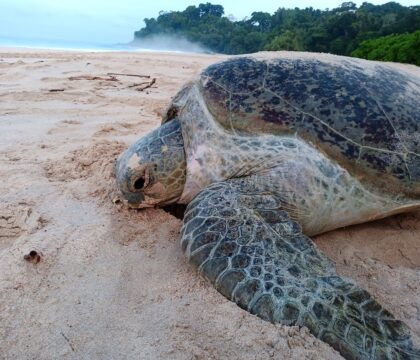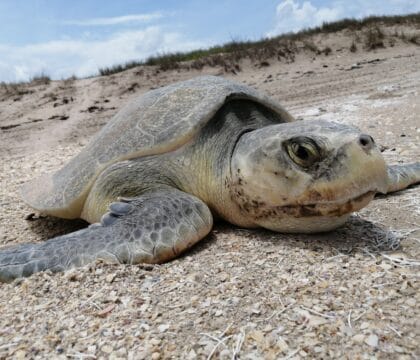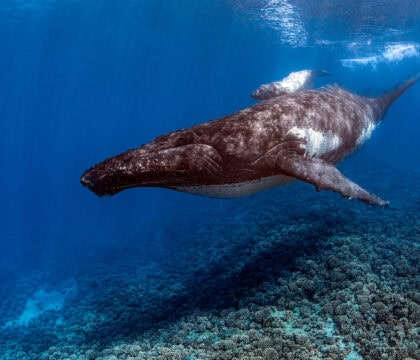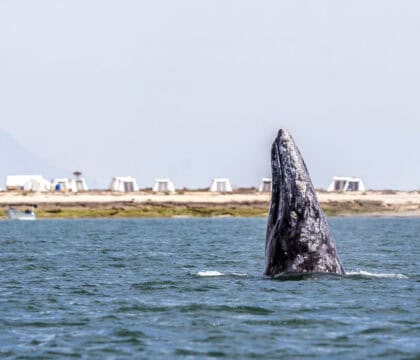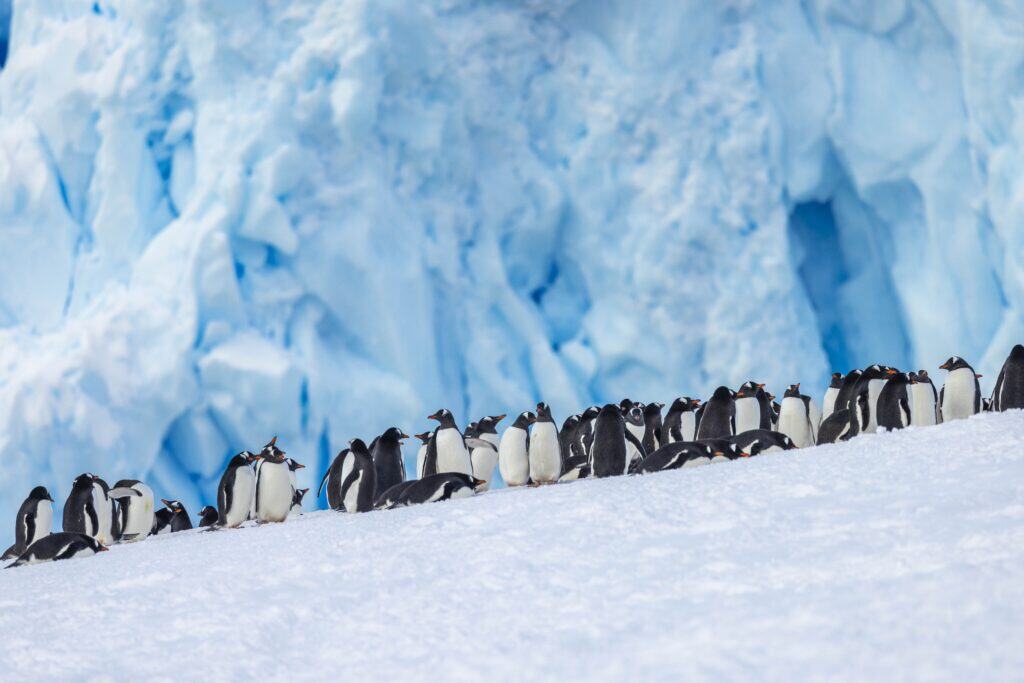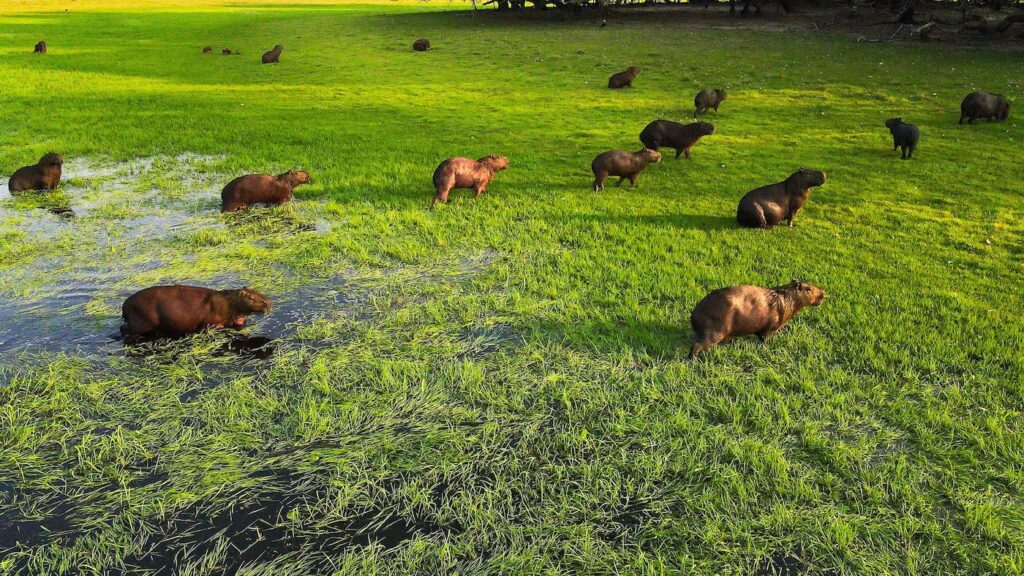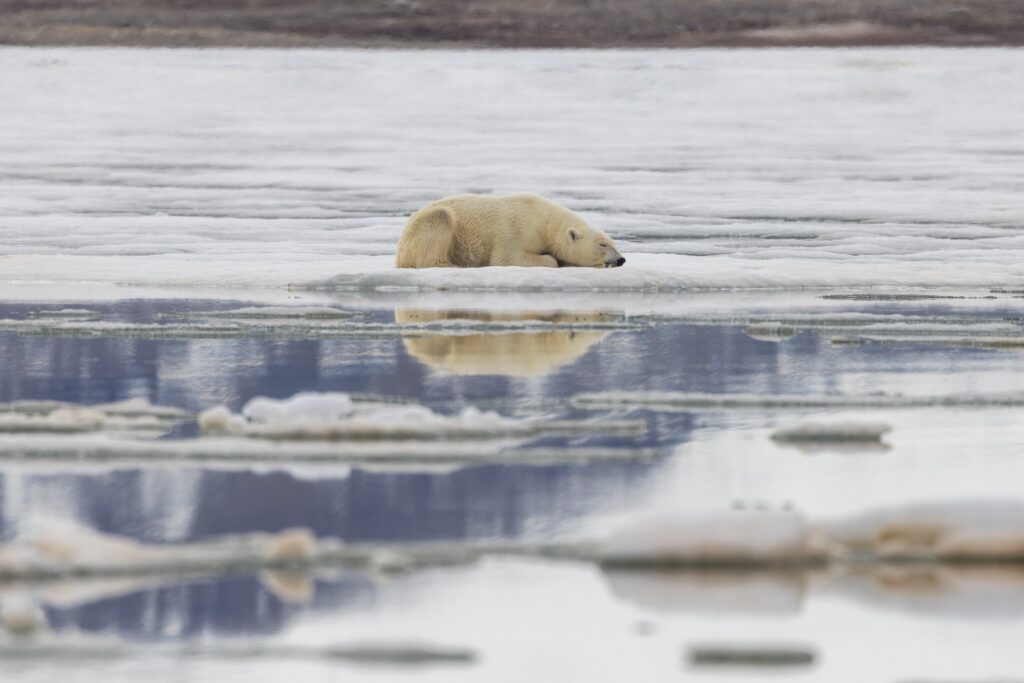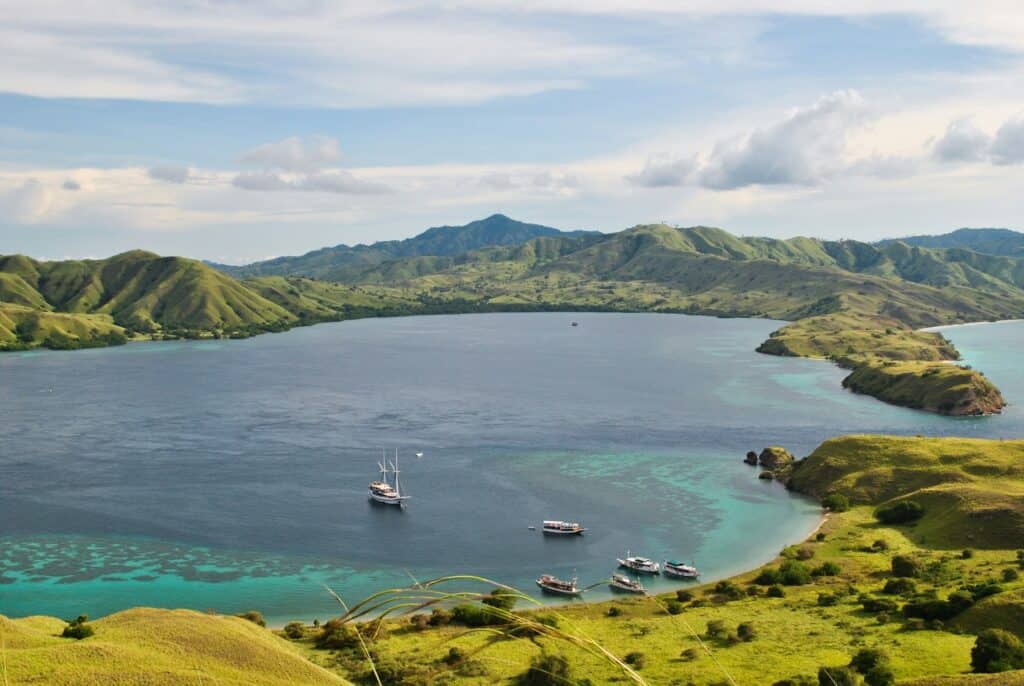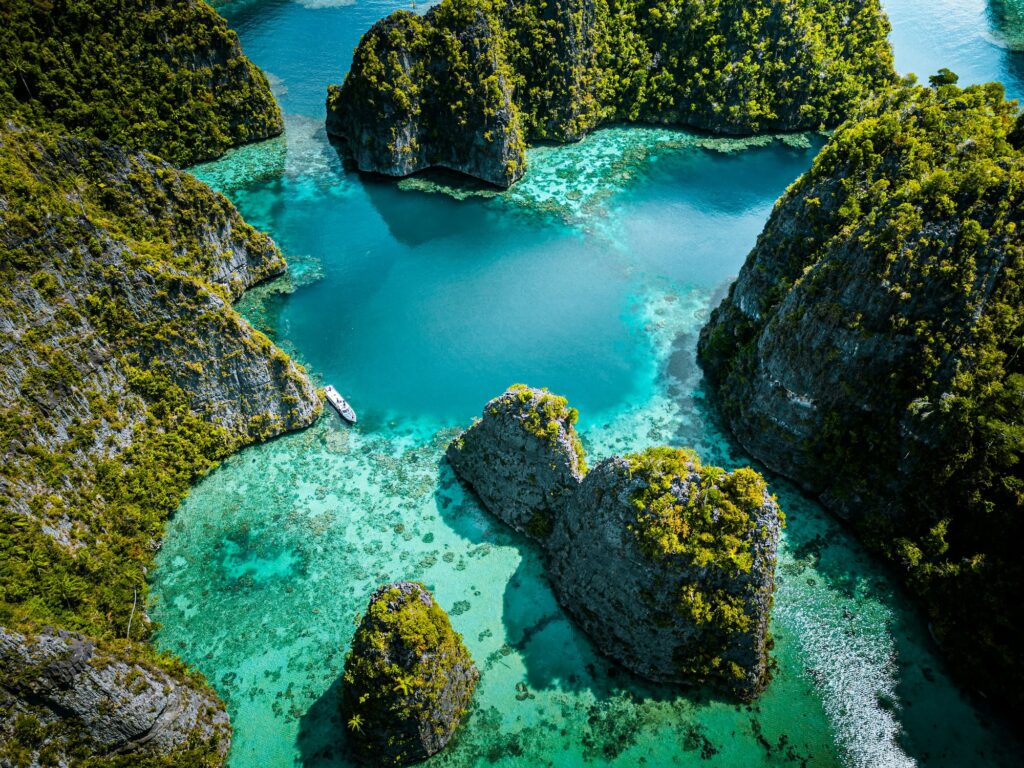September 9, 2016 • News Announcements, Program Updates
Have I got a whale of a story for you! For those of you who have been following along, you may remember the day we found our first match between a whale tail photographed in Guerrero, Mexico and the same whale seen off the coast of California. Given that there are about 21,000 humpback whales in the Northeastern Pacific Ocean, to spot the same one in Mexico and also 400 miles north in California is astonishing.
Which is why when Cascadia Research Collective, the world’s experts on Northeastern Pacific humpback whales, found a match between our WGRP_003 and their CRC12049, there was a lot of excited leaping about and yelling coming out of me (here’s that story).
It turns out that WGRP_003 / CRC12049 had been spotted 47 times previously in Monterey Bay and near the Farallon Islands off of San Francisco.
This is Cascadia Research Collective’s map of all of the resightings of WGRP_003 / CRC12049 in California:
[IMAGE]
WGRP_003 / CRC12049 had never been documented in its breeding and calving grounds before, and it wasn’t known if it was a male or female until we photographed it with its calf.
Last year, a man named Ferd Bergholz adopted and named WGRP_003 / CRC12049 after his wife, Fran, who had recently passed away. I thought that was a beautiful thing to do, and of course I was very grateful to have his support as the adoption and naming fee supports our work. Ferd loves whale watching and is a regular on boats in Monterey Bay and Moss Landing, California. I promised Ferd that I would let him know when we had any resightings of Fran and told him to keep an eye on Fran’s adoption page, as well. Little did I know that Ferd would soon be the one giving ME updates about Fran!
On July 1, four days before his wife’s birthday, Ferd went whale watching and he saw his whale! He went out again on July 11 and Fran breached right in front of his boat!
Here’s a picture Ferd took of Fran breaching in Monterey:
[IMAGE]
But the story doesn’t end there. Last week, I went down to California to give a talk to whale watch naturalists about matching our whales in Mexico with the ones they are spotting in Monterey and the Farallon Islands. Before my talk, I had to get out on a boat (I hadn’t seen a humpback since March, so was suffering from withdrawal). It took us less than an hour to find our first humpback—an individual I didn’t know. Then we saw a beautifully fluking blue whale which stole the show. We were about to head back to shore when we heard that another whale watching boat was with Fran! We zoomed across the bay to their boat and there was Fran, resting next to a whale known as Lim who is her constant summertime companion. She is looking fat and relaxed. And across the water on the other boat, there was Ferd!
The whales were all but snoring alongside us, a compliment to the boat captains who handle their boats so considerately that whales fall asleep next to them.
Ferd and I waved and photographed each other across the water as Fran snoozed nearby…
[IMAGE]
I took a selfie with Fran (easy to do when they’re sleeping)…
[IMAGE]
And that was it. Another amazing moment with the whales that I had to share with you.
Now I’m back at my desk in Portland working on two more grant proposals, planning trips to Zihuatanejo in September and Puerto Vallarta in November. The November trip is to meet with an Important Marine Mammal Protected Area group to learn the pros and cons of establishing a Marine Mammal Protected Area in Guerrero. I’m really excited about that trip because it will be my first opportunity to meet with the decision makers who establish protected areas in Mexico and begin to build a relationship with them.
In other news, I have applied for 8 grants so far this year and have not been awarded any of them yet. I am a bit worried about how we are going to pull off 2017. Which makes this the time to ask you to help us carry on. I continue to entirely support my own living and travel costs and do not draw a salary but in addition to grants and ecotours, I need $10,000 in tax-deductible donations from angels like yourselves to keep this whale of a project afloat and moving forward in 2017. Here is where your donations go: It costs $50 to feed our interns and team each day. Boat fuel and oil costs $200 a week per boat. Visiting scientists receive $500 honorariums to visit and help us conduct our research. $1000 gives a local fisherman a job for the season. $2000 pays for a young Mexican scientist/teacher to spend the winter in the village and the schools collecting data, teaching and inspiring kids and adults to fall in love with nature. I won’t know what we can plan for 2017 until I know how much support we can count on from you. If you would make a donation today, that will help me get the season started and make 2017 the best year yet! Here’s your direct link to donate to our project.
We haven’t seen Fran in Mexico since January 2014 but I’ve got a good feeling about 2017. Let’s hope we spot her then!
Once again, thanks again for your continuing support. None of these advances in science, conservation and education would be possible without you.

